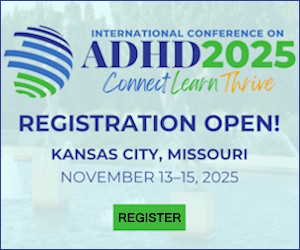THE LIVED EXPERIENCE OF MIND WANDERING WITH ADHD: AN INTERPRETATIVE PHENOMENOLOGICAL ANALYSIS
Phone Interview
End Date April 6, 2022
Primary Contact Margann Duke
Email mduke@saybrook.edu
Phone 775-772-1427
Study Details
Attention-deficit/hyperactivity disorder (ADHD) is practically understood by the problems that the expressed symptomatology of ADHD creates for both self and others regarding interpersonal, professional, and academic expectations (American Psychiatric Association, 2013; Franklin et al., 2017). Mind wandering is a primary feature of ADHD symptomatology (Bozhilova et al., 2018; Lanier et al., 2021; Seli et al, 2015). The association between mind wandering and ADHD is understudied in young adult populations, even though mind wandering is an intrinsic feature of ADHD (Frick et al., 2020).
Study Purpose
The purpose of my qualitative study is to address this gap in the literature and to understand the phenomenon of mind wandering as a lived experience of young adults with ADHD. The intended aims of the study are to gain insight and improved understanding about what is happening in the internal affective and cognitive landscapes of individuals when they experience mind wandering and the meaning of these experiences for them. The research question guiding this study is: What is the lived experience and meaning of mind wandering for young adults with ADHD?


